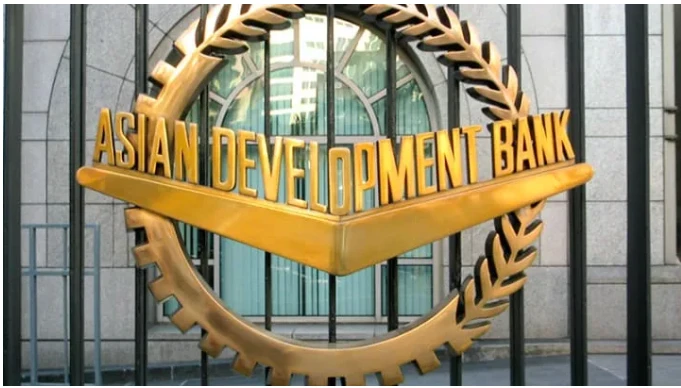ADB warns Pakistan about 3.65 percent annual increase in urban population

Stay tuned with 24 News HD Android App

Asian Development Bank (ADB) has warned that the urban population in Pakistan is increasing at an annual rate of 3.65% therefore country’s population will reach 400 million by 2050, reported 24NewsHD TV channel.
ADB in its report on the growth of urban population, said that Pakistan will be among the 8 countries that will account for half of the world's population. According to the report issued by ADB, the urban population of Pakistan will reach 99.4 million by 2030. Moreover, the urban population will reach 40.7 percent of the total population of Pakistan.
According to census 2023, the urban population of Pakistan was 93.8 million, after 1981, the urban population of Pakistan has increased 4 times.
There are serious concerns about underestimating the urban population of Pakistan, the urban and rural population is defined on the administrative boundaries of Pakistan.
The growing population in the suburbs is not counted as urban limits, resultantly pressure of urban population is increasing in Karachi and Lahore.
ADB stressed the need for a new urbanisation mode for Pakistan as failing public services, declining quality of life, and decreasing economic productivity undermine urban agglomeration’s economic and social benefits.
The Manila-based lender’s report points out that the current urban development model needs to be replaced by a sustainable urbanisation model. This new urbanisation model should seek to internalise the economic, environmental and social benefits associated with higher levels of agglomeration; be fuelled by robust planning and evaluation capacities that extend vertically and horizontally, as well as spatially and temporally; and be steered by proactive institutions that underwrite the social and economic well-being of urban citizens with the public services and infrastructure necessary to sustain growth without detrimental social and environmental consequences, suggests the report.
According to the report, forward-looking urban planning needs to integrate solutions to the known challenges of urbanisation, which requires a multi-sectoral planning approach that fosters the allocation of land, capital and labour across conventional boundaries to maximise the social, environmental and economic returns for all.
It also requires the progressive reinterpretation of urban spaces to reduce the negative externalities of one sector on another, such as housing, energy, transport, water, health, education, recreation, social services, and environment. Such a holistic planning approach will enable cities to develop synergies and complementarities across sectors to capture the most benefits for all.
